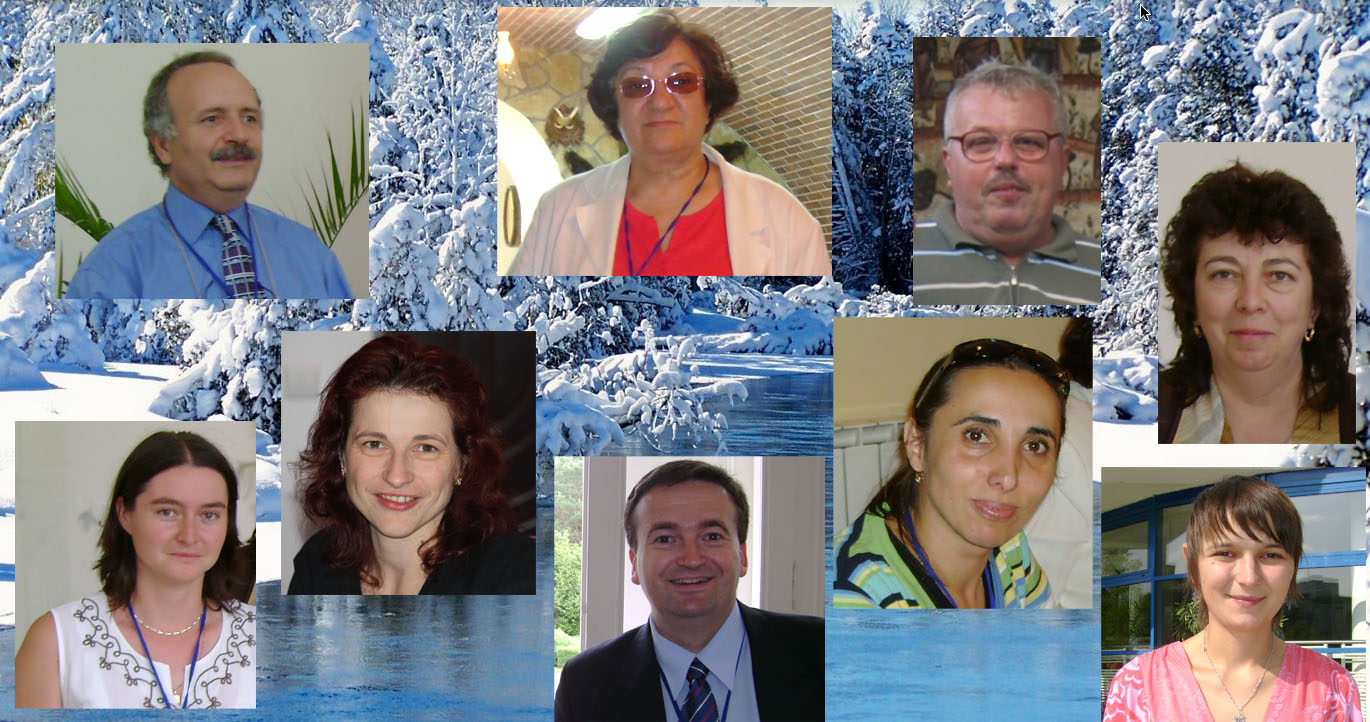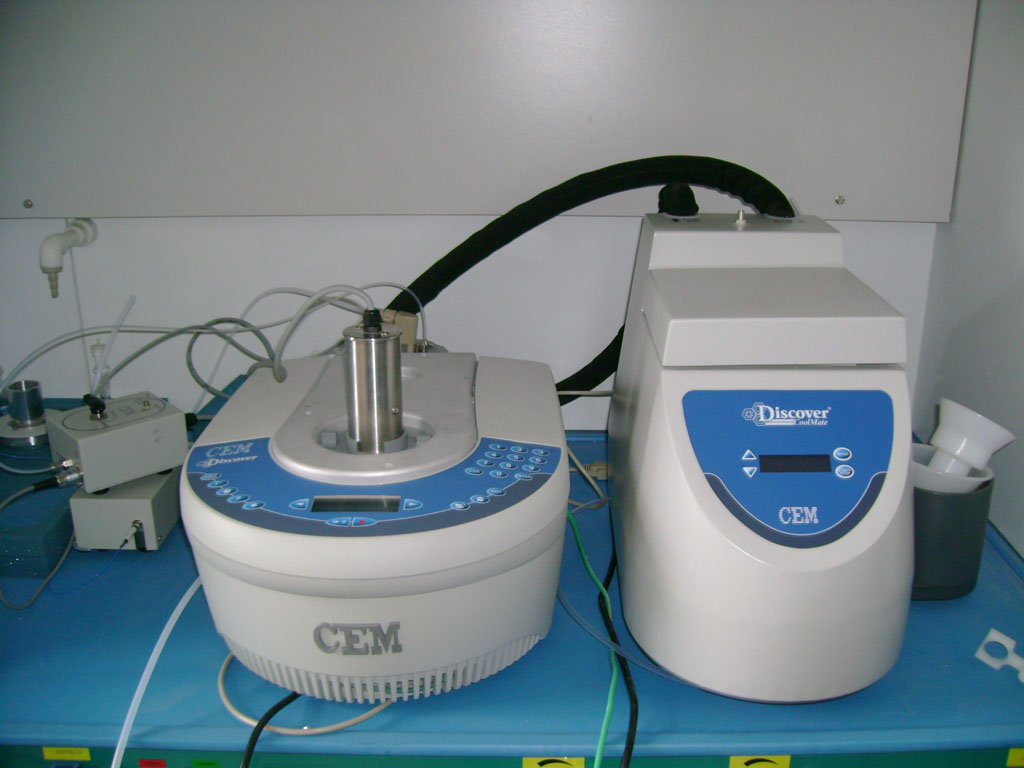
RO | EN
Development of Applied Organometallic Chemistry Laboratory
ELACOM
Project Manager:
Prof. Dr. Luminita Silaghi-Dumitrescu
Programme: CAPACITATI
Category: I, PI

| Contracting authority: | National Authority for Scientific Research |
| Financing: | State Budget – National Authority for Scientific Research |
| Durata contract: | 2007-2009, 24 months |
| Contract value: | 1.896.800 lei |
| Contract partners: | NONE |
Abstract of the project
The LABORATORY OF APPLIED ORGANOMETALLIC CHEMISTRY is part of the Organic and Computational Chemistry with Applications in Nanotechnologies Centre, accredited by CNCSIS in 2005. The goal of the project is the development of the to the research infrastructure of the laboratory by adding new equipment for the synthesis, separation and structural characterization of organometallic and organic compounds. A recent direction in our workgroup is high field microwave-catalyzed reactions. The reason for this choice is very complex, the ecological (complying with Green Chemistry principles) and economical aspects (shorter reaction times, smaller organic solvent volumes or avoiding them altogether, higher yields, superior selectivity) supplementing the scientific aspect. The laboratory is equipped with a performant installation SYNTHOS 3000 bought in 2006 from CEEX projects financing, projects led by this project’s manager and other members of the team. Worldwide, there is an increased interest in using microwave systems in the “Simultaneous Cooling Method”. The advantages of this method consist of carrying out the reaction at low temperature (up to -80°C), and simultaneously irradiating the sample with microwaves (“sub-ambient microwave synthesis”). This type of activation can be successfully applied to reactions involving organometallic derivatives (lithium-organic, titanium-organic and copper-organic compounds), organic and biochemical synthesis. The massive use of organometallic reagents justifies the choice of this installation to complete the laboratory equipment. An important component of the laboratory’s activity is the separation and structural characterization of the compounds. The usual methods used in organic and organometallic labs (distillation, fractionate crystallization, chromatographic column separation, flash-chromatography) are not sufficient enough when we need to separate chiral or macrocyclic derivatives, natural products, or other complex structures. As part of the project, we intend to buy a direct sample introduction - GC-MS system, to complete the laboratory’s equipment (we are in the process of buying a LC-MS system from CEEX projects of the members of the team) and a HPLC system allowing the separation of chiral compounds. Considering how important is to know the reaction mechanisms in organic chemistry, we intend to buy a Stopped-flow spectrometer, in order to investigate rapid reations. The interest of the laboratory in the field of materials, especially those exhibiting unconventional physical properties suggested the utility of buying a Multiphoton Laser scanning microscope to characterize materials with nonlinear optical properties, considering that the group involved in phenothiazine derivatives had notable results in this field. The acquiring of this equipment would enable us to gain priority as far as the intellectual property is concern in a very important applicative area.
The technical characteristics of the equipment stipulated in the project are of very high performance and thus they assure the premises for worldwide competitive results and the access to high impact journals (the quality of the chemical compounds and material characterization is critical for the access to top journals).
Webmaster PI_D
